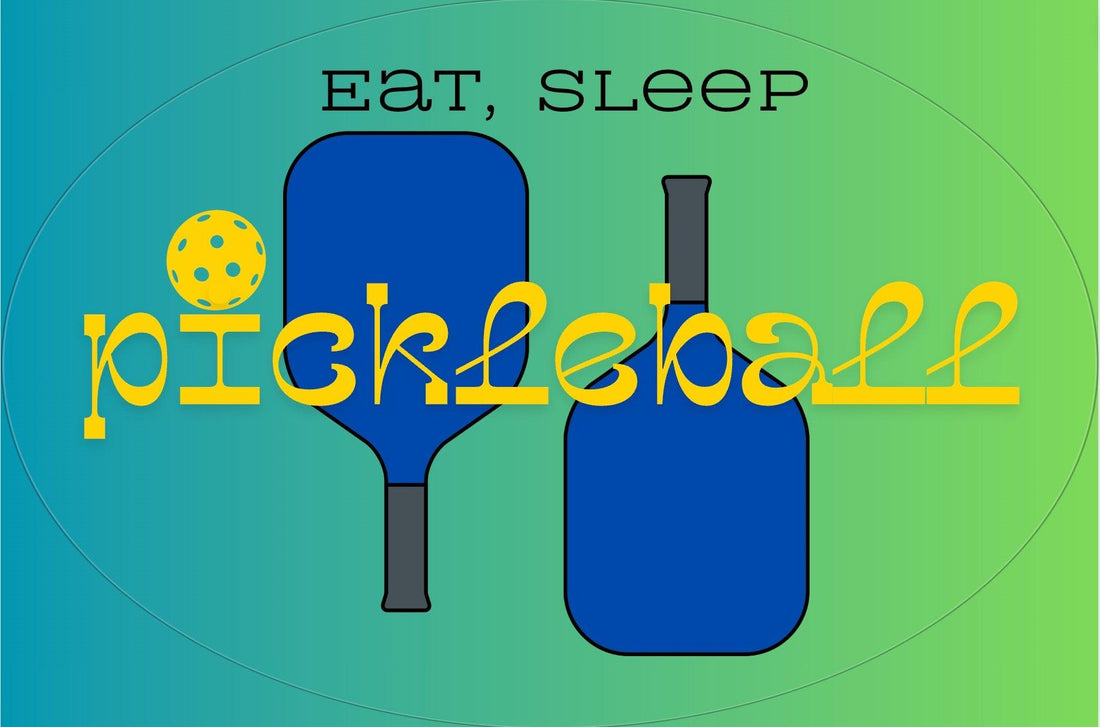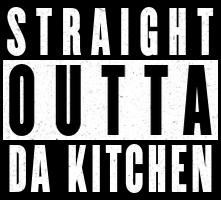
Pickleball Etiquette: Sportsmanship and On-Court Behavior
Share
Pickleball, like any other sport, is not just about skill and strategy. It’s also about sportsmanship, courtesy, and mutual respect. While there are official rules that every player needs to follow, there are also unspoken guidelines that help foster a fun, friendly, and respectful playing environment. Whether you're a seasoned player or a beginner, understanding these unwritten rules of pickleball etiquette is key to enjoying the game and contributing positively to the community. Let's explore these rules of sportsmanship and on-court behavior.
1. Respect Your Pickleball Opponents and Teammates
At the heart of pickleball is respect. Whether you’re winning or losing, it’s important to maintain a positive attitude and be respectful toward everyone on the court. Avoid negative comments, and refrain from criticizing your opponent's or partner's performance. Encouragement goes a long way in building camaraderie, making the game more enjoyable for everyone.
Acknowledge Good Play: Compliment your opponent when they hit a great shot, and don’t shy away from recognizing your partner’s contributions. Positive feedback keeps the atmosphere friendly and fun.
2. Avoid Excessive Celebrations
Pickleball is competitive, but it’s also a community-driven, social game. While it's fine to celebrate a well-executed point, be mindful not to gloat or celebrate excessively, especially if your opponent made an unforced error. A simple "good shot" or "nice rally" is more appropriate than loud exclamations or showboating. Keep celebrations classy and avoid making your opponent feel bad.
3. Call the Lines Fairly
In pickleball, players are responsible for calling balls that land on their side of the court. Integrity in calling the lines is crucial for maintaining a fair and respectful game. Always call the ball in or out based on what you truly saw, and if you're unsure, give the benefit of the doubt to your opponent. Honesty in line calls is a cornerstone of good pickleball etiquette.
Pro Tip: If there’s a disagreement about whether a ball was in or out, always defer to the player closest to the line. If necessary, replay the point to avoid conflict.
4. Control Your Pickleball Paddle
Respectful on-court behavior also extends to how you handle your paddle. Avoid throwing or slamming your paddle in frustration. It can be dangerous and reflects poor sportsmanship. Take a deep breath and focus on the next point instead of reacting negatively to mistakes or losses. Demonstrating self-control under pressure shows true sportsmanship.
5. Keep the Game Moving
Pickleball is a fast-paced game, and players appreciate a good rhythm. Be mindful of time, especially in public courts where others are waiting to play. Avoid unnecessary delays between points and switch sides quickly between games to maintain the flow. Quick play keeps everyone engaged and ensures that court time is used efficiently.
Between Serves: Be ready to serve or receive without long pauses. If you need a break, do so between games, not in the middle of a rally.
6. Offer the Ball Courteously
When a ball rolls into another court or your opponent needs the ball, return it to them in a controlled and safe manner. Instead of hitting or throwing it aggressively, underhand tosses or gentle passes are the norm. This small gesture shows thoughtfulness and ensures no one gets accidentally injured by a stray ball.
Pro Tip: If your ball goes into an adjacent court, wait for a break in their play before asking for it or retrieving it.
7. Communicate Clearly
Good communication on the court is key to avoiding confusion and maintaining fairness. When making line calls, clearly state whether the ball was in or out. Call “yours” or “mine” when playing doubles to avoid running into your partner or missing shots due to miscommunication.
8. Respect Public Courts and Rotations
If you're playing at a public court, it’s likely that others are waiting their turn. Follow any court rotation systems in place, such as playing a set number of games or rotating after a certain amount of time. Be courteous and share court time, ensuring everyone has an opportunity to play. Hogging the court, especially during busy hours, is poor etiquette.
After a Game: After finishing a game, if others are waiting, be quick to gather your belongings and clear the court so the next players can start promptly.
9. Avoid Distractions
While cheering for good shots or encouraging your partner is perfectly acceptable, avoid excessive noise or distractions while the point is in play. This includes shouting during rallies, making sudden movements near the court, or walking behind players while a point is ongoing. Be mindful of the game’s flow and keep interruptions to a minimum.
Pro Tip: Wait for the current point to finish before walking onto the court or calling out to the players.
10. End the Game with Grace
Whether you win or lose, always congratulate your opponents after the game. A handshake (or a paddle tap for those who prefer a more COVID-conscious alternative) and a simple “good game” are great ways to maintain friendly relations and show respect. It’s important to leave the court on a positive note, regardless of the outcome.
Final Thoughts
Pickleball is not just about mastering your skills and outplaying your opponent; it’s about being a good sport, respecting others, and enjoying the experience together. By following these unwritten rules of pickleball etiquette, you’ll help create a welcoming environment that makes the game enjoyable for everyone. Remember, a little courtesy and sportsmanship go a long way in maintaining the fun and community spirit that pickleball is known for!
Whether you're playing a casual game with friends or competing in a tournament, keep these etiquette guidelines in mind—and most importantly, have fun on the court!
Looking for the best pickleball gear? Check out our Straight Outta Da Kitchen Shop for top-rated apparel and accessories to elevate your game!
